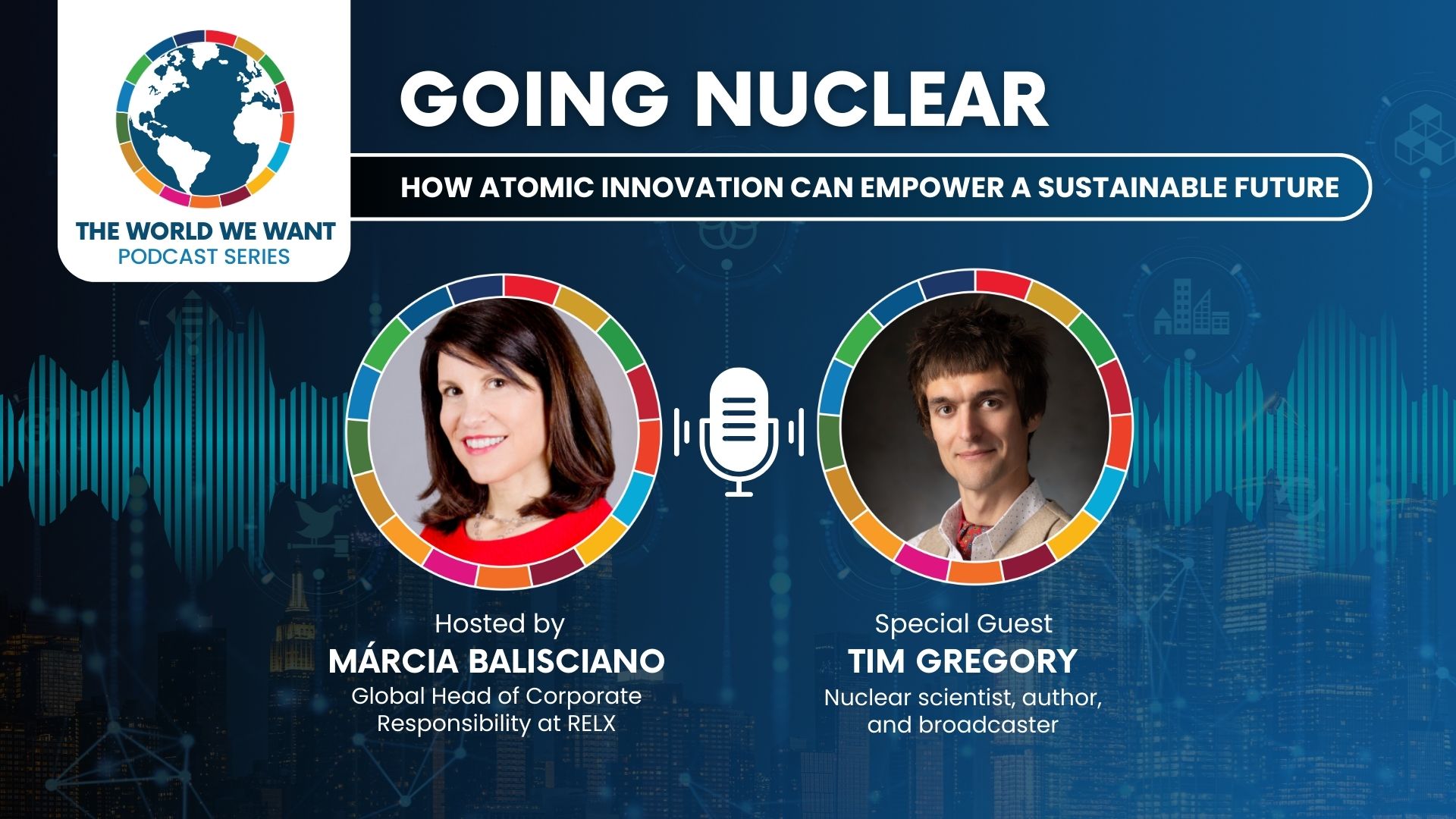The global thrust towards sustainable development is anchored heavily on the adoption of renewable energy sources. With the challenges of climate change, dwindling fossil fuel reserves, and environmental degradation, there's a paramount urgency to shift towards cleaner and more sustainable energy solutions. The United Nations, in its Sustainable Development Goals (SDGs), has positioned renewable energy access as a cornerstone for achieving multiple targets. Specifically, SDG 7 calls for ensuring "access to affordable, reliable, sustainable, and modern energy for all" by 2030. This goal is not just about energy in isolation but serves as a linchpin connecting multiple other SDGs. For instance, providing renewable energy access in rural areas can revolutionize opportunities for quality education (SDG 4), by powering schools and enabling digital learning.
Renewable energy solutions in healthcare can enhance the quality of care and reach, addressing SDG 3's objective of ensuring healthy lives. Additionally, the promotion of renewables translates to economic growth (SDG 8) by creating new industries, fostering innovation, and generating employment opportunities in green tech sectors. Furthermore, gender equality (SDG 5) gets a significant push as renewable energy projects, especially at grassroots levels, often empower women, offering them leadership roles and alleviating some of the energy poverty challenges they disproportionately face.
The environmental implications are profound, too. Embracing renewables is directly in line with SDG 13's aim of taking action against climate change. By reducing greenhouse gas emissions and curbing reliance on polluting fossil fuels, the world can take substantial strides in mitigating global warming's adverse effects. Moreover, the use of renewable energy protects terrestrial ecosystems (SDG 15) and life below water (SDG 14) by reducing environmental degradation associated with conventional energy extraction methods. The benefits also percolate to fostering resilient infrastructure and promoting sustainable industrialization (SDG 9). Lastly, international partnerships (SDG 17) get a significant boost as nations collaborate on green tech, sharing knowledge, expertise, and resources to usher in an era of sustainable energy.
The access to renewable energy is not merely an end in itself; it's a powerful means to realize a gamut of developmental goals. By placing it at the heart of the global development agenda, the SDGs recognize that a sustainable future is inextricably tied to how we generate and consume energy.
Mahfuz Kabir, Zobaidul Kabir, Nigar Sultana, Chapter 14 - Climate change, sustainability, and renewable energy in developing economies, Editor(s): Imran Khan, Renewable Energy and Sustainability, Elsevier, 2022, Pages 377-415, ISBN 9780323886680, https://doi.org/10.1016/B978-0-323-88668-0.00001-2.
Wolf-Peter Schill is Deputy Head of the Energy, Transportation, Environment Department at the German Institute for Economic Research (DIW Berlin), where he leads the research area Transformation of the Energy Economy. He engages in open-source power sector modeling, which he applies to economic analyses of renewable energy integration, energy storage, and sector coupling. He holds a diploma in environmental engineering and a doctoral degree in economics from Technische Universität Berlin.
This literature review identifies the impacts of different renewable energy pathways on ecosystems and biodiversity, and the implications of these impacts for transitioning to a Green Economy. While the higher penetration of renewable energy is currently the backbone of Green Economy efforts, an emerging body of literature demonstrates that the renewable energy sector can affect ecosystems and biodiversity.

